Advocates for reparations are concerned that the lawsuit filed by a conservative group against a program in Evanston, Illinois, providing some Black residents with cash payments and housing assistance, may be the first of many attacks on their efforts to rectify the harms of slavery, segregation, and systemic racism in the United States.
The objection, filed against the city last month by Judicial Watch, guarantees Evanston’s program disregards the Equal Protection Clause of the 14th Amendment, and requests that the court proclaim the city’s “use of race as an eligibility requirement for participation in the program to be unconstitutional.”
Conservative Strategy
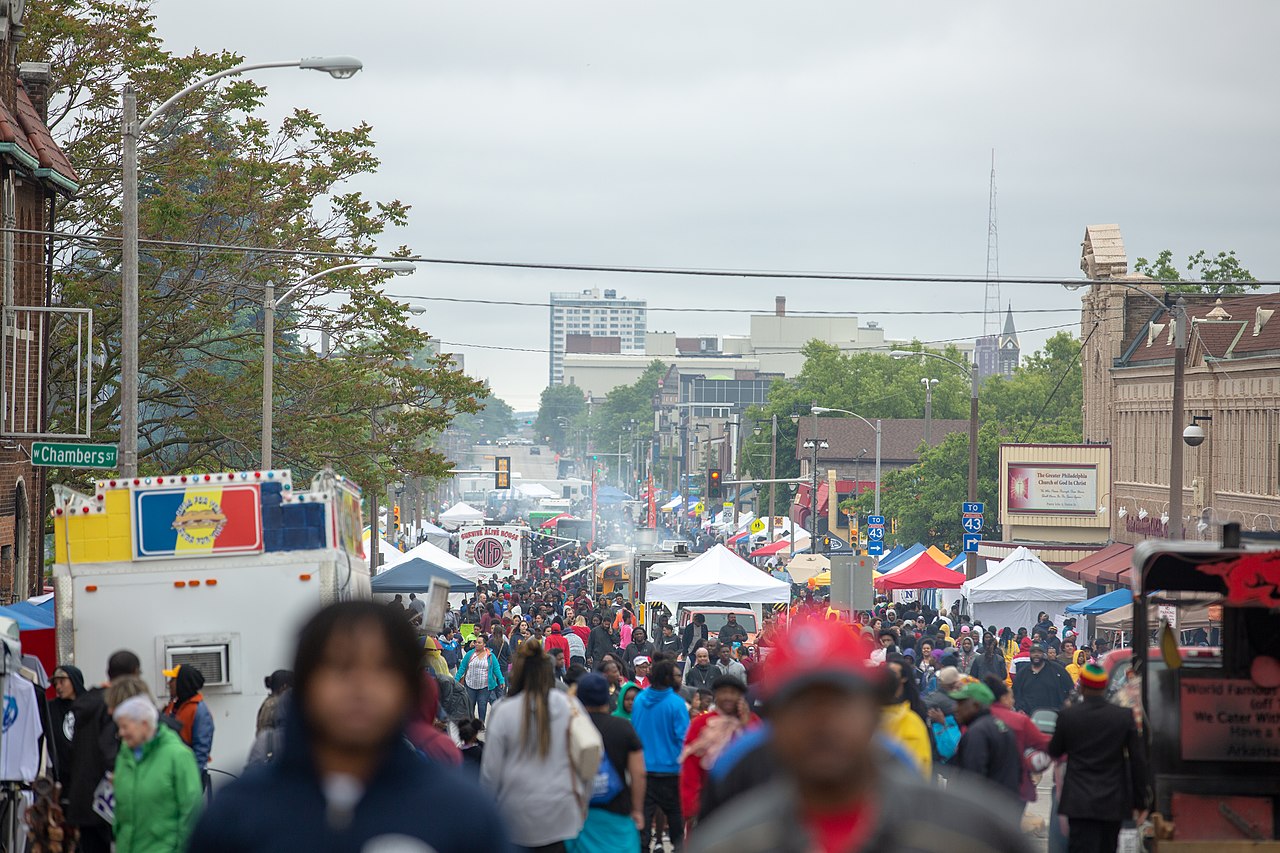
The debate follows a legal strategy regularly utilized by conservative activists to endeavor to undermine programs devoted to addressing racial differences directly following the High Court’s choice to overturn governmental policy regarding minorities in society in college admissions.
Reparations advocates tell CNN that they are prepared for the possibility of additional lawsuits against their programs as the nation gets ready to observe Juneteenth, the federal holiday on June 19 that commemorates the end of slavery in the United States.
Commitment to Reparations
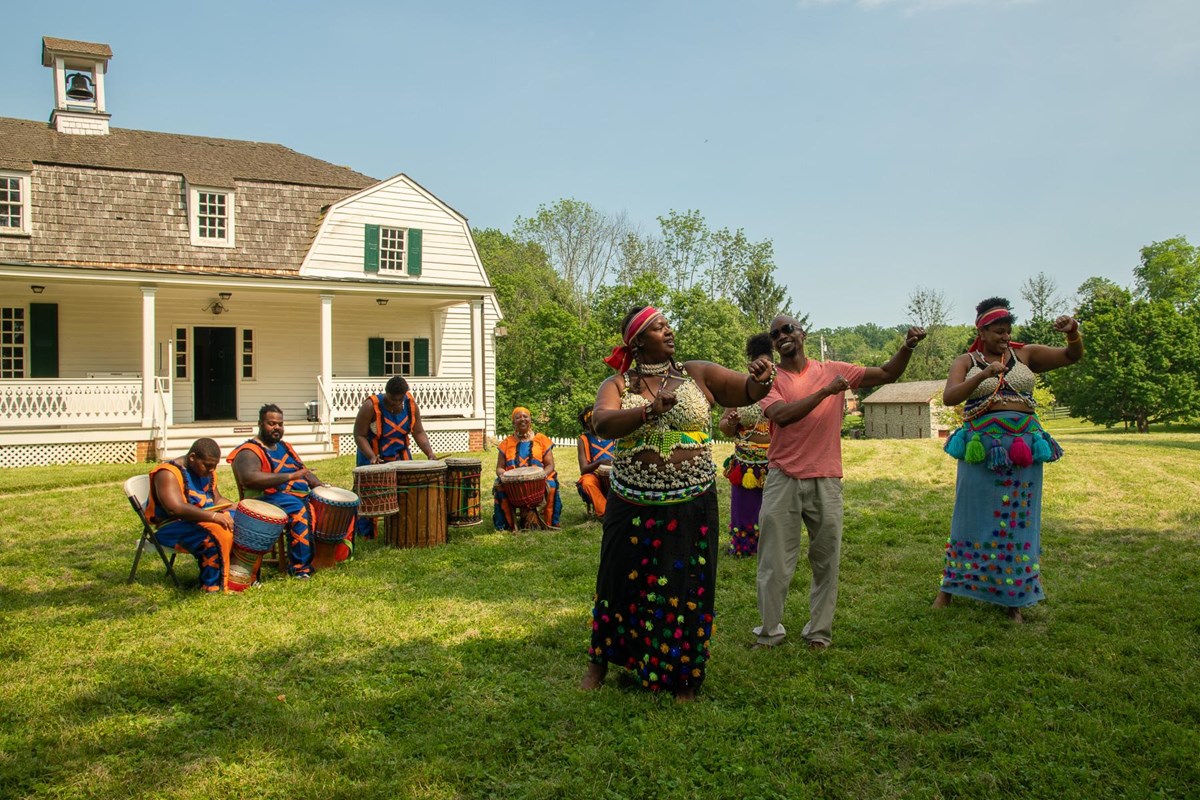
However, they remain steadfast in their commitment to finding ways to correct the centuries of racism Black Americans and their families have endured.
According to a previous report from CNN, Black residents of the city who resided there between 1919 and 1969, in addition to their direct descendants, are eligible to apply for up to $25,000 in housing assistance under the Evanston reparations program.
Evanston Program
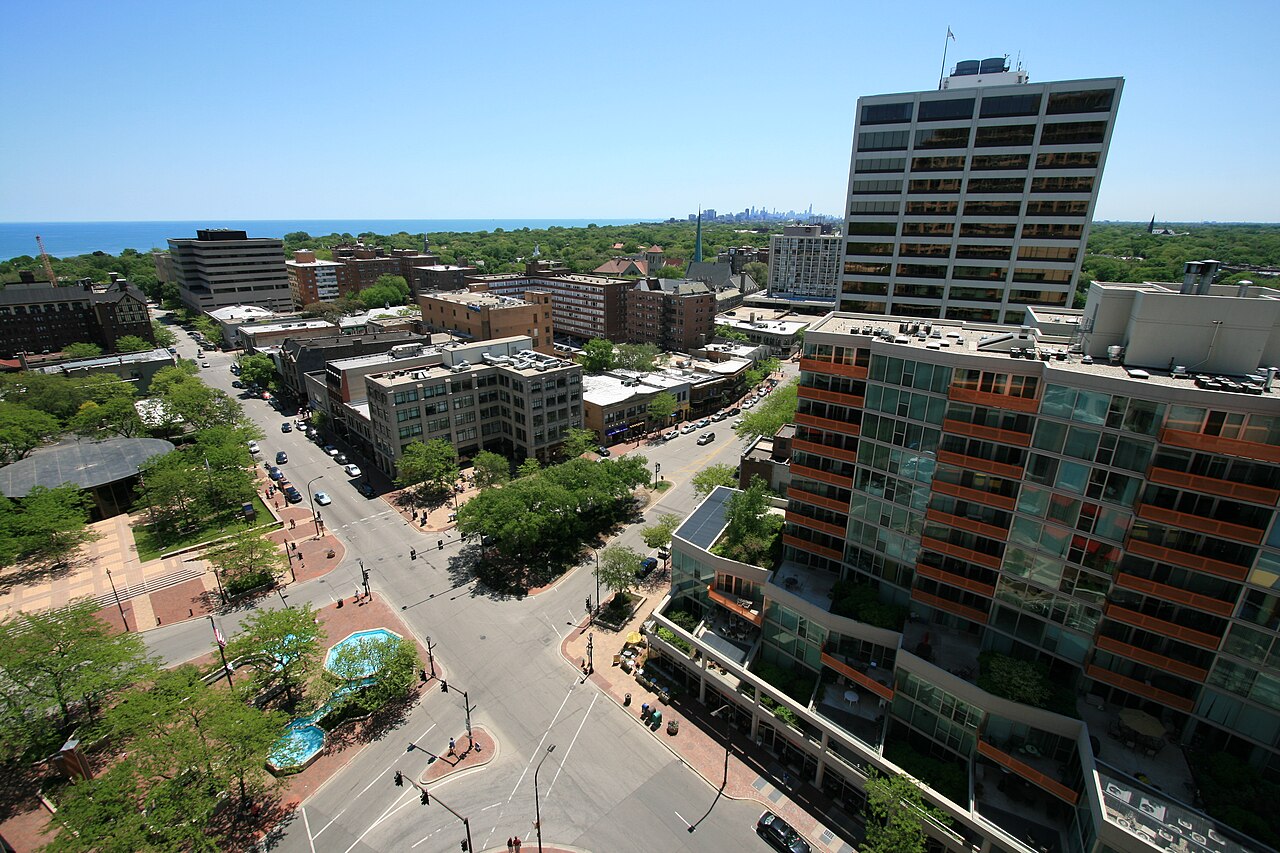
The program was launched in 2019 and was updated the previous year to include the option of receiving a cash payment directly.
The “lawsuit comes as no surprise, and Evanston is prepared to defend this case” according to Robin Rue Simmons, chair of the Evanston Reparations Committee.
Rue Simmons Statement
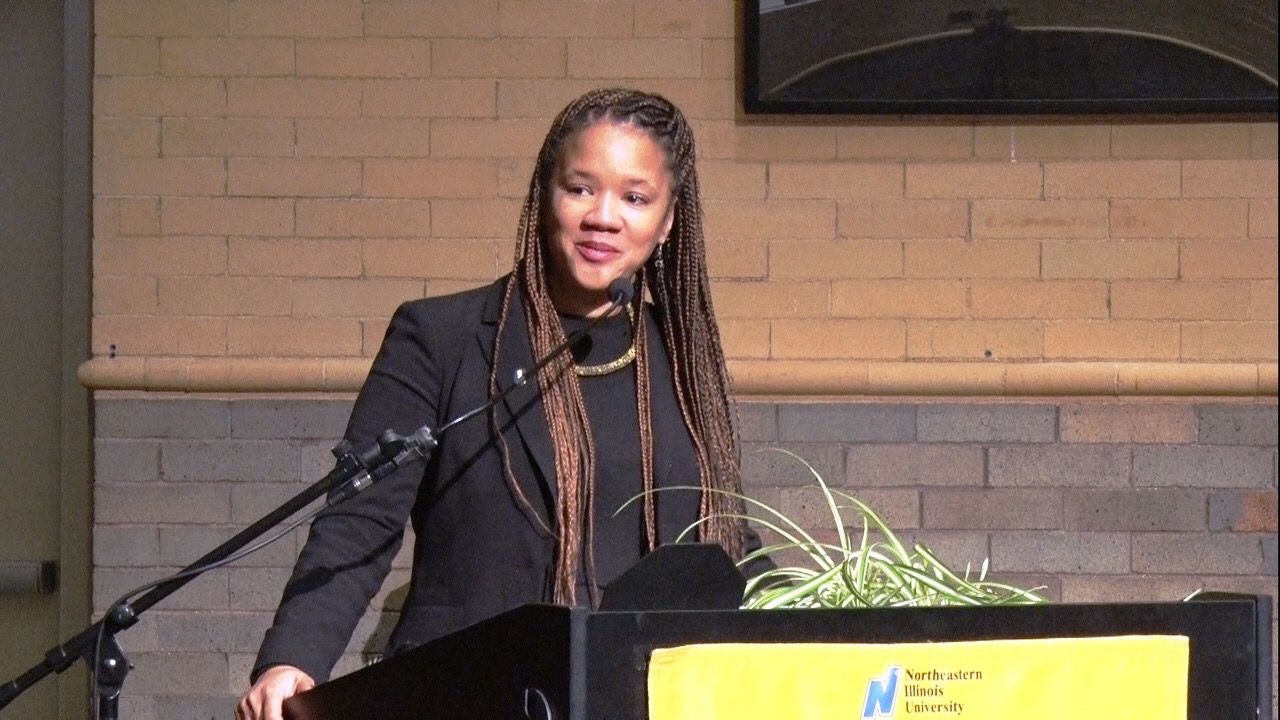
Rue Simmons told CNN in a statement, “This is not just an attack on Evanston. This is an attack on the movement for reparations. This is an attack on the overall movement for the advancement of reparatory justice, racial equity, and civil rights.”
Six people who don’t identify as Black or African American but whose parents or grandparents lived in Evanston during the program’s 50-year history were the plaintiffs in Judicial Watch’s lawsuit.
Lawsuit Specifics
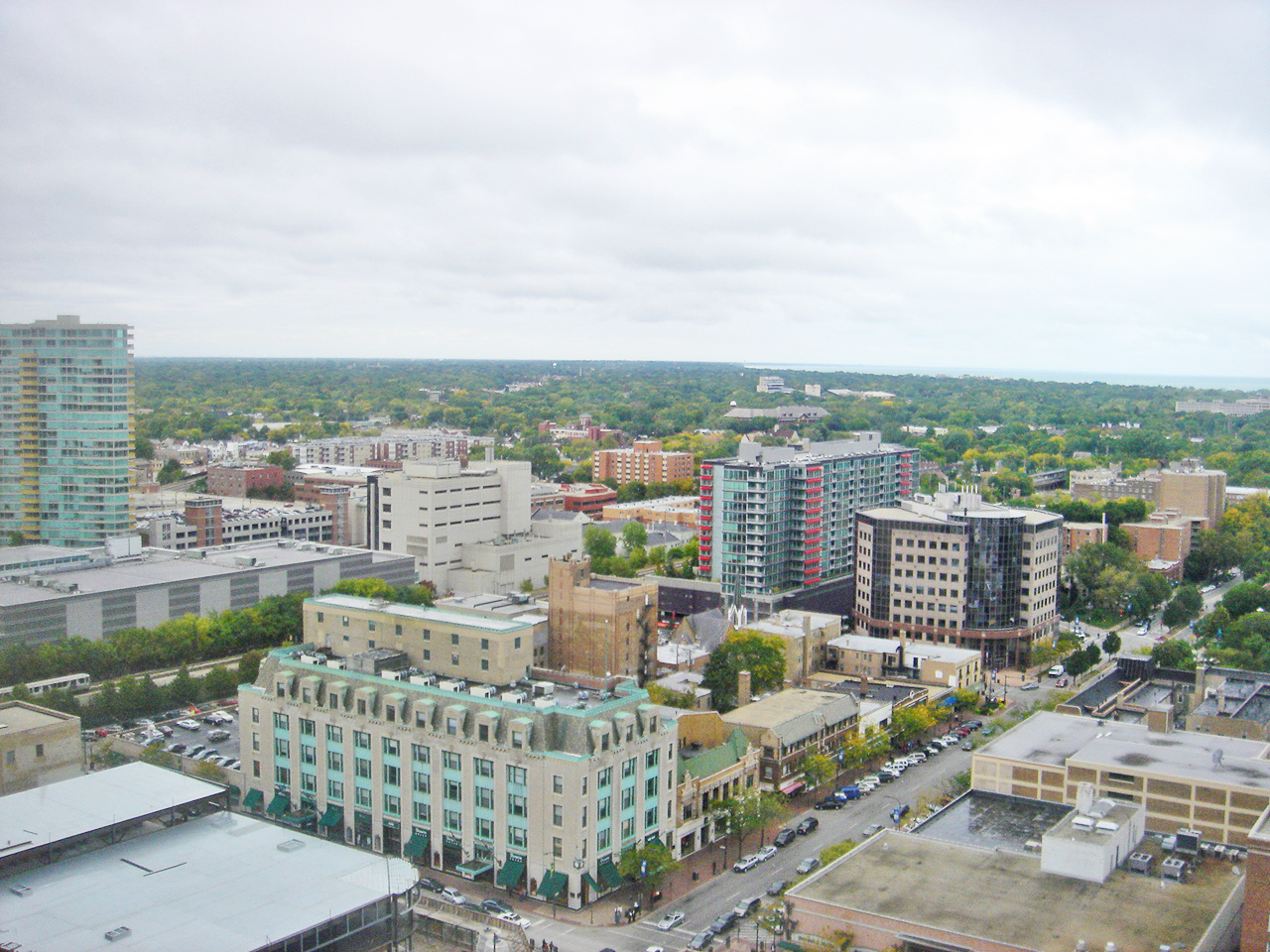
The lawsuit states that “At no point in the application process are persons in the first and second groups required to present evidence that they or their ancestors experienced housing discrimination or otherwise suffered harm because of an unlawful Evanston ordinance, policy, or procedure or some other unlawful act or series of acts by Evanston between 1919 and 1969.”
“In effect, Evanston is using race as a proxy for having experienced discrimination during this time period,” according to the lawsuit.
Judicial Watch Opinon
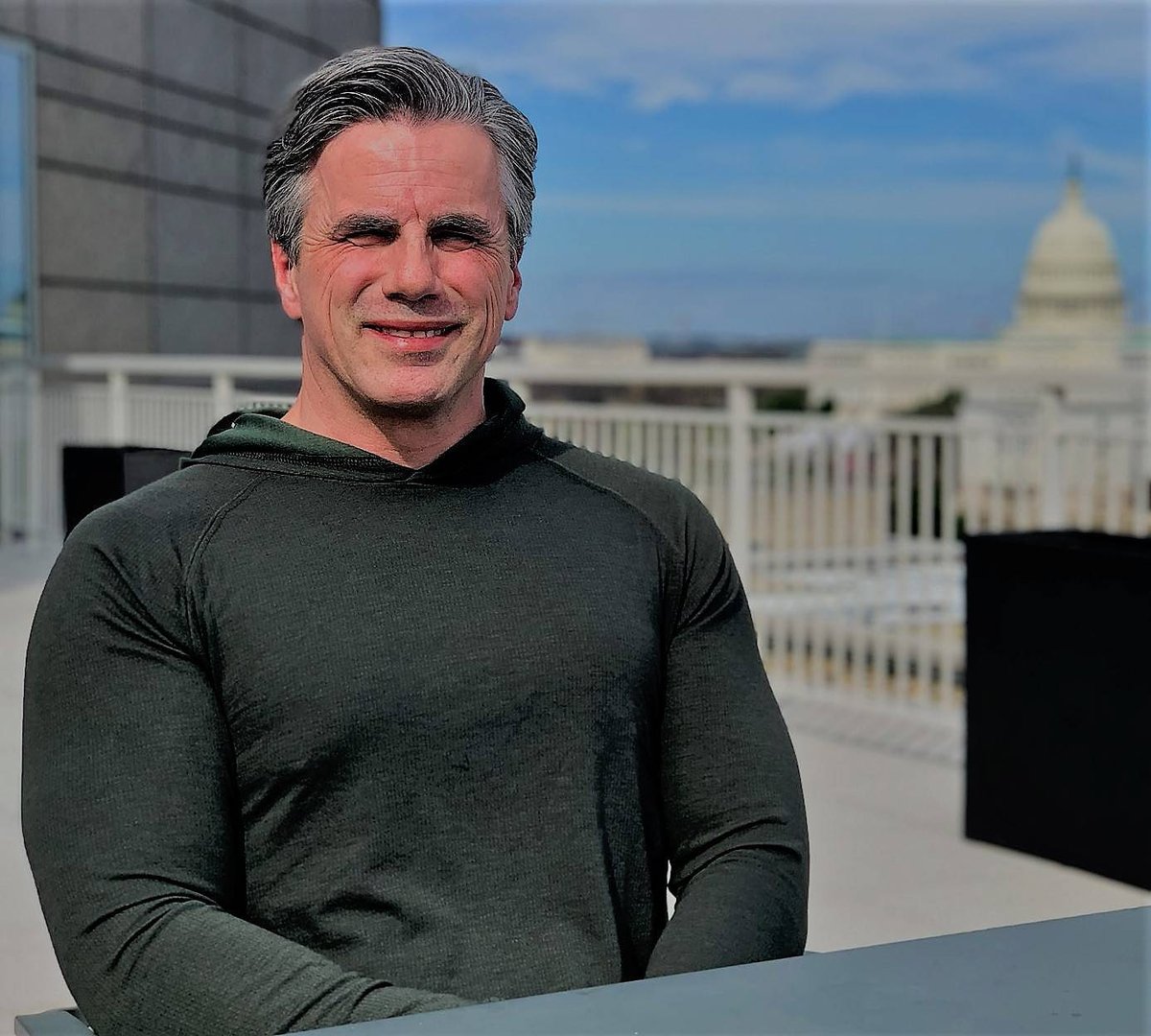
Judicial Watch President Tom Fitton told CNN in a meeting that he thinks Evanston’s repayments program is a “brazen violation of the constitution and federal law.”
Fitton stated, “Generally speaking, you can’t treat people based on race and provide benefits to some people but not others based on generalized complaints of historic racism. It is frowned upon by courts.”
Evanston Defence

According to a previous statement made by a spokesperson for the city of Evanston to CNN, officials will “vehemently defend” its reparations program rather than comment on any pending legislation.
Judicial Watch’s interpretation of the legality of reparations programs was rejected by the commissioner of the National African American Reparations Commission, Justin Hansford.
Hansford’s Response
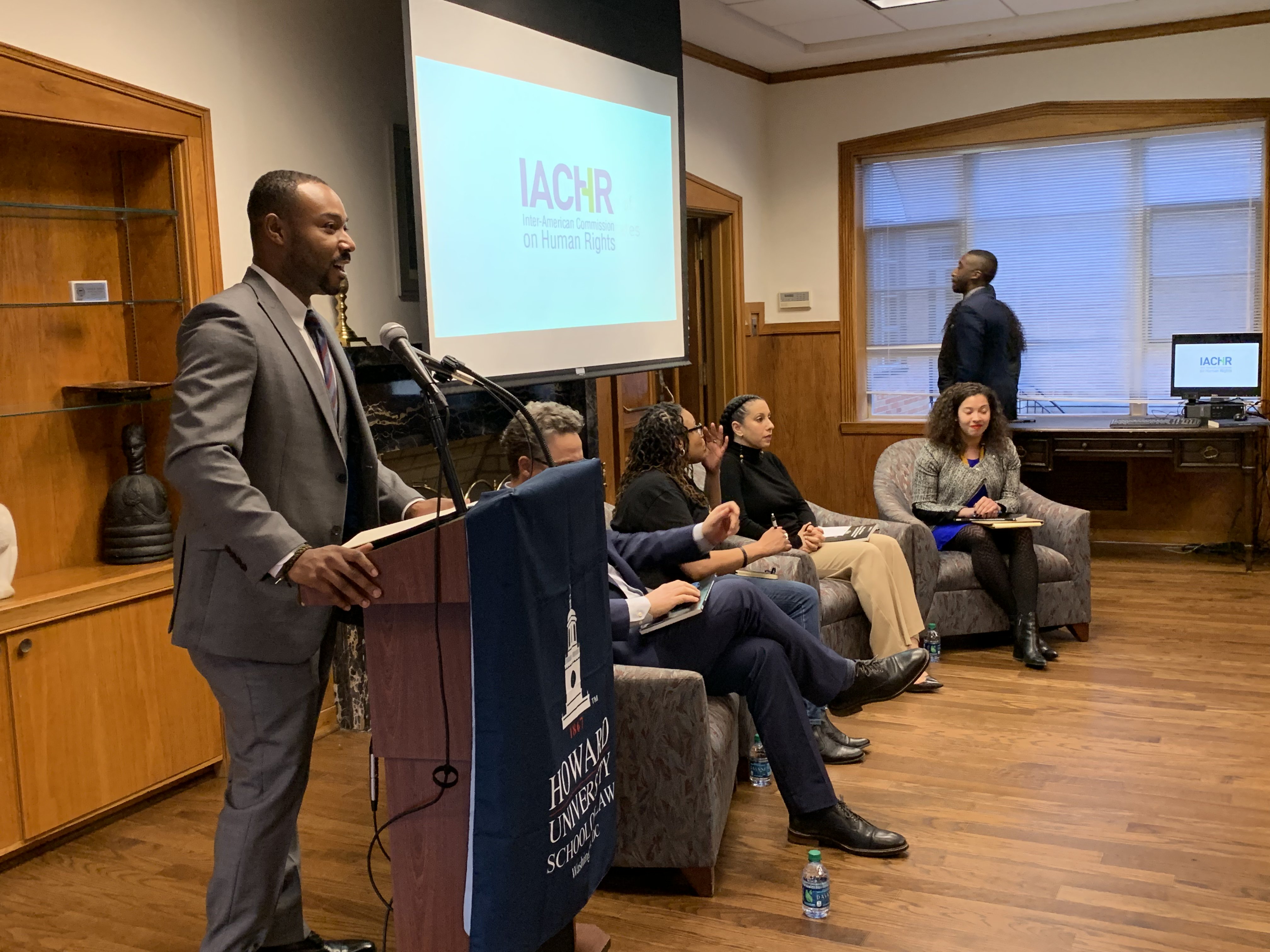
“Jim Crow was based on race, redlining was based on race, housing segregation was based on race,” According to Hansford.
He went on to say: “In all those situations you had a community that was harmed based on race. So now when you’re trying to give that community justice, you are going to naturally give it to the same group.”
Fitton’s Ambitions

According to Fitton, it’s possible that he’ll sue other reparations programs. The lawsuit filed in Evanston comes as commissions have been set up by states and cities all over the country to look into how and who should get reparations.
Following the racial reckoning in the wake of George Floyd’s murder in 2020, the campaign for reparations and making Juneteenth a federal holiday gained momentum.
Affirmative Action

However, four years after the elimination of affirmative action, reparations and other race-based programs like internships and scholarships continue to face obstacles nationwide.
A lawsuit arguing that the city should compensate the surviving victims of the 1921 Tulsa Race Massacre was dismissed by the Oklahoma Supreme Court on Wednesday, ending their ongoing fight for compensation.
Federal Appeals Court

A federal appeals court also stopped the Black-owned venture capital firm Fearless Fund from giving grants only to Black women entrepreneurs earlier this month.
A few restitutions pioneers say they have adopted more race-nonpartisan strategies to their projects bearing in mind the end goal of staying away from fights in court.
Kamilah Moore, seat of California’s Restitutions Team, said her bonus suggested that the state’s program be “ancestry based” meaning occupants who apply for it would need to give evidence that their progenitors were subjugated or free African Americans who lived in the U.S. preceding 1900.
